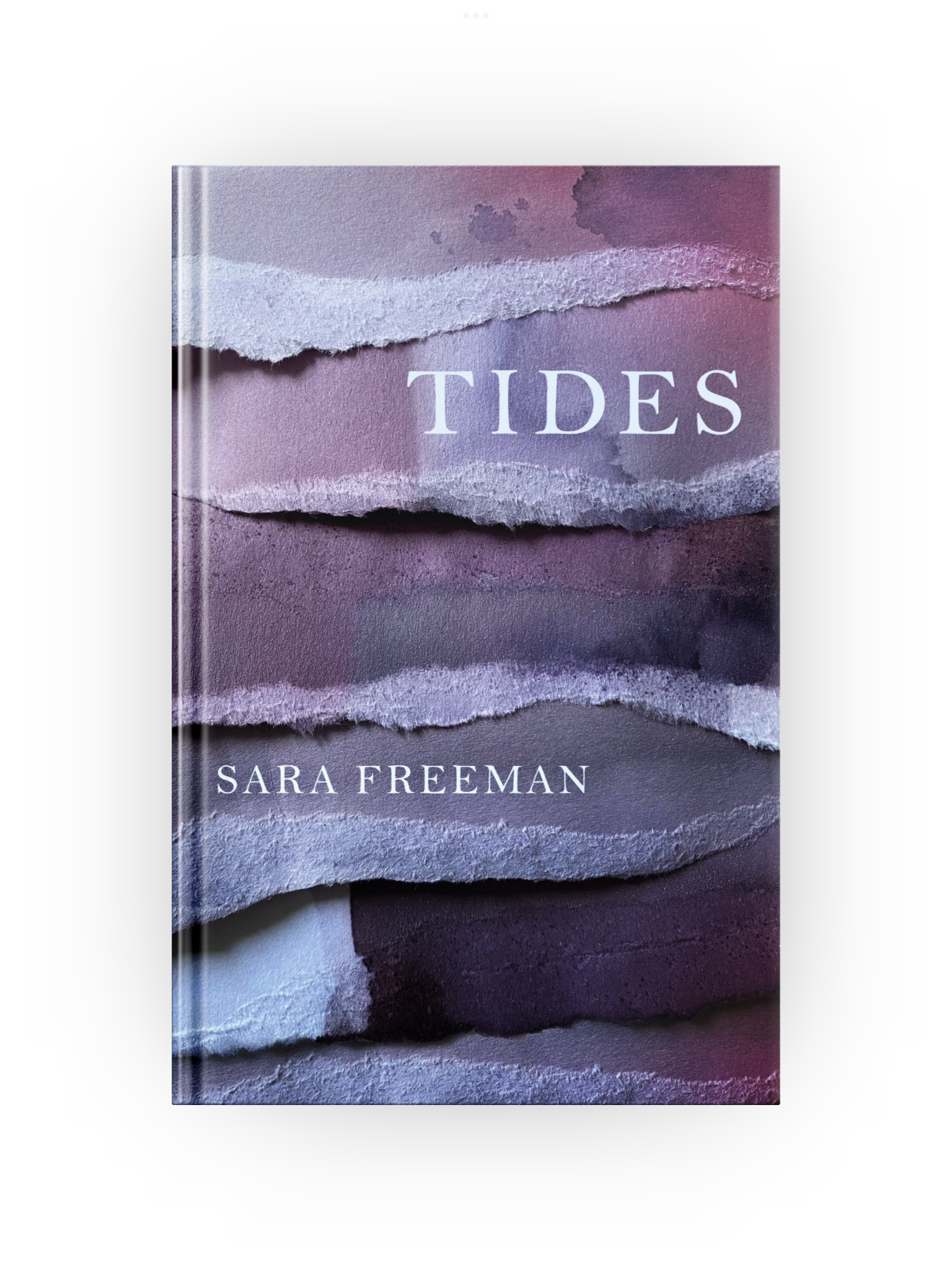BLACK HELEN OF TROY
If true the casting of a Black woman, Lupita Nyong’o, by the director Christopher
Those who follow my monthly to be read list would notice that this book didn't feature in any. That's because I was alerted to it by someone whose reading taste I greatly admire and so could not wait to dig into it. I thought I was just sampling it only to end up reading it in one sitting, well I did have to make myself a sandwich and coffee inbetween.

Tides is an unsparing meditation, replete with gorgeous sentence, on how events of one's life coalesce to unravel with a sense of what the protagonist calls ... a feeling of everything coming up from within. It always takes one last incident, that last straw, to break a camel's back. For Mara, the book's protagonist, that last straw is a still birth of her child. Post that she unravels in crippling grief.
The first thing she does is to push her husband with whom she once had an affair with while he was still married. She excuses herself by: She could no longer live in this fixed way: their joy so firmly lodged beneath her grief. When in an attempt at mawkish comfort the husband tells her they could try again: She was the one who couldn’t bear the weight of all his stubborn hope. She cruelly pushes him away by revealing what she did while pregnant she suspects killed their child. Later, deeply hurt, she discovers he has gone back to his old wife. That is when she shoots for the desert with a belief that: If you can’t let go of anything, let go of everything.

She disappears from her old life, her brother who lives with his wife on the flat below hers, because she can't stomach looking at their child who was born a few weeks after her dead one. She realises how unhinged she was when her brother catches her breastfeeding their child. Ever loyal to her, with an almost incestuous relationship between them, the brother promises not to tell anyone about the incident. But she knows her time is up so she takes to the desert, eventually settling on a small outcast sea town that hardly has a life when the holiday visitors leave. There she lives rough and lose with occasional acts of kindness from strangers while discovering what stoics found out long time ago: Not feeling is a feeling too.
She finds work on a wine shop whose Help Wanted sign gives her forebodings about the person who wrote it: It reads like a confession, an act of desperation, poignant in its passivity. The person who wrote the sign is Simon, a forty year old owner in whose voice she later hears the stab of desperation she identified on the note. Because she's Mara, who lives by the mantra: Once desire is met, she thinks, there is only turning back from it. She ends up having an affair with Simon whose wife had gone home leaving him with his own sense of abandonment. Mara also lives by her former husband's motif: We will burn that bridge when we get to it.

The greatest strength of the book is how Freeman takes us into the shifting interior maps of Mara's spiralling life, interchanging the past causes and present consequences in unsparing language of poetic insight. There's beauty and precision in her language, but most fascinating is the candour and balance by which she burrows into the self inflicted maze of the troubled mind of Mara to create a propulsive portrait of a restless adrift life in a state of perennial internal exile. In the end Mara discovers that: there's no way back to the past.
The book could have easily been titled: The Architecture of Estrangement.